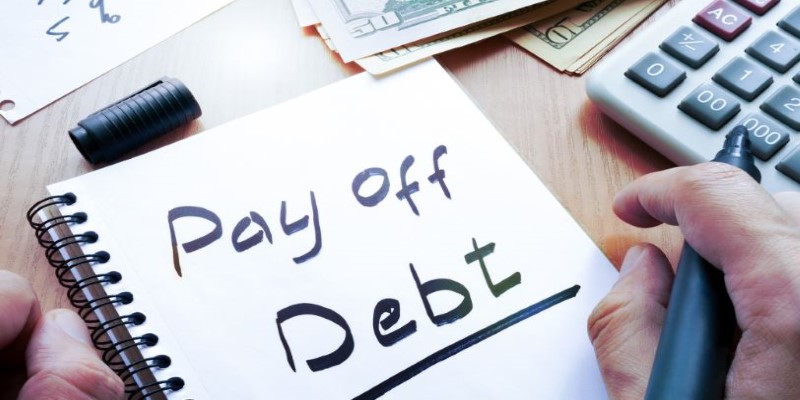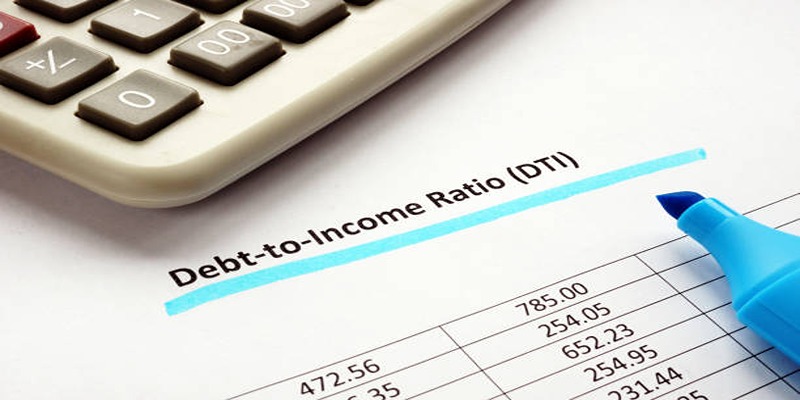Dealing with a charge-off can feel like a major setback in your financial journey. It’s more than just a blemish on your credit report—it’s a reminder of missed payments and the stress that can come with financial struggles. But here’s the good news: charge-offs don’t last forever.
Understanding how long charge-offs remain on your credit report, how they affect your score, and how you can get them back is key to taking control. In this article, we'll walk you through all you need to know to effectively deal with charge-offs and repair your credit.
What Is a Charge-Off?
A charge-off happens when a creditor determines a debt is uncollectible after a few months of payment delinquencies. Usually, after 180 days of delinquency, the creditor charges off the debt as a loss, but that doesn't let you off the hook. The charge-off will be reported to the credit bureaus, and it can seriously hurt your credit score. But this doesn't release you from the debt—the creditor or collections agency can still come after you.
Charge-offs are bad news for lenders, and they indicate you've missed several payments and have defaulted on a loan. The fact that it's written off does not immediately mean the effects will be wiped clean from your credit report since the negative impact can last indefinitely. That's why it helps to know when it remains active on your report.
How Long Do Charge-Offs Stay on Your Credit Report?
Charge-offs will stay on your credit report for a maximum of seven years from the original date of the first missed payment that resulted in the charge-off. This is true for all forms of charge-offs, such as credit cards, personal loans, car loans, and other credit. The charge-off will stay on your credit report whether or not the debt is settled.

During this period, a charge-off can significantly harm your credit score, making it more difficult to secure new loans or credit. Lenders view charge-offs as an indication of high financial risk. Although the negative impact of a charge-off is most severe during the first few years, its effect diminishes over time, especially if you start practicing positive credit habits, such as making on-time payments and reducing outstanding debt.
After seven years, the charge-off will automatically be removed from your credit report. However, simply waiting for this removal won’t instantly improve your credit score. Rebuilding your credit requires active effort, including maintaining consistent payments and managing credit responsibly. While the charge-off may disappear, true credit recovery involves continuous discipline and improvement.
How Charge-Offs Impact Your Credit Score?
A charge-off on your credit report can severely impact your credit score, particularly in the short term. Credit scoring models like FICO and VantageScore view a charge-off as a major red flag, signaling prolonged missed payments and financial instability. This can result in a significant drop in your credit score, often between 50 to 150 points, or even more, depending on your credit history and the amount of the charge-off.
If you have a long history of good credit, the charge-off’s impact may be less severe, but for those with a shorter or less favorable credit history, the effect can be more substantial. Over time, however, the impact of the charge-off on your score will lessen, especially if you demonstrate responsible credit behavior, such as paying bills on time and reducing debt.
While the charge-off will eventually be removed from your credit report after seven years, its effects can linger. Some older credit models or future lenders may still consider the negative history. Your credit score may not fully rebound immediately after the charge-off is removed. Still, consistent positive credit habits will help improve it over time, allowing you to gradually recover from the damage caused by the charge-off.
What You Can Do to Improve Your Credit After a Charge-Off?
Having a charge-off on your credit report can be discouraging, but it’s not the end of your financial journey. There are several steps you can take to rebuild your credit and improve your financial standing over time.
Regularly Monitor Your Credit Report: Monitor your credit report regularly to ensure the charge-off is accurately reported. If you notice any errors, dispute them with the credit bureaus, as correcting inaccuracies is crucial for recovery.
Pay Off Remaining Debts: If you still owe money, try to settle the debt or negotiate a payment plan with the creditor. Even paying off a portion of the debt can show future lenders that you're responsible for resolving the issue.

Stay Current on All Payments: Your payment history greatly impacts your credit score. By making on-time payments consistently, you demonstrate financial responsibility, which will help rebuild your credit.
Consider a Secured Credit Card: If you can’t get approved for a regular credit card, a secured card is a good option. It requires a deposit but can help you re-establish a positive credit history.
Keep Your Credit Utilization Low: Limit your credit usage to 30% of your available credit to show you're managing it well, which will help improve your score over time.
By following these steps, you can begin improving your credit, even with a charge-off on your report.
Conclusion
Understanding how long charge-offs stay on your credit report is crucial for managing your financial future. Charge-offs can remain on your credit report for up to seven years, but their impact lessens over time with responsible financial behavior. While a charge-off is a significant setback, it’s not the end of the road. By staying proactive, paying bills on time, and reducing debt, you can rebuild your credit. Over time, positive financial habits will help mitigate the damage, and the charge-off will have less of an impact on your score. With patience and consistency, you can regain your financial stability and improve your credit.












